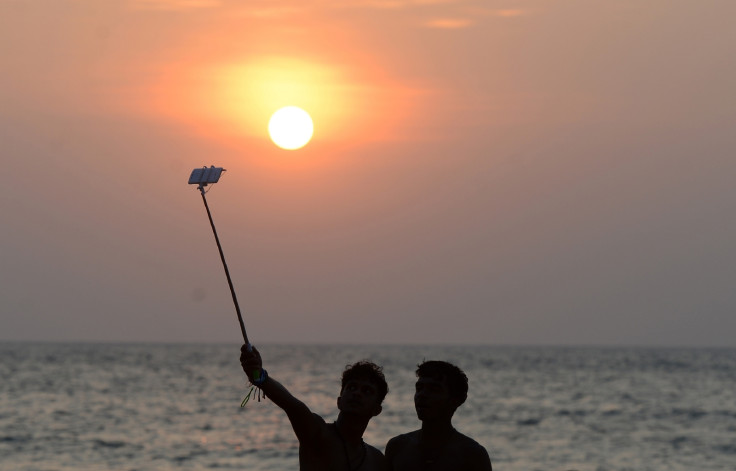Selfie addiction may be a real psychological disorder
Chronic cases involve people who have the urge to take selfies "around the clock".

If you feel the need to continually post selfies on social media, you may be suffering from a real mental disorder called 'selfitis', according to a new study.
The term first appeared in 2014 in a spoof news story that claimed that the American Psychiatric Association was considering classifying it as a real condition.
In response to this, researchers from Nottingham Trent University and the Thiagarajar School of Management in India set out to determine whether there was any factual basis for the hoax.
They found that the condition may actually exist and developed a scale designed to assess the severity of it. Their findings are published in the International Journal of Mental Health and Addiction.
The researchers say that ever since the first paper on technological addictions – which was published in 1995 – there has been a marked increase in studies examining these kinds of phenomena.
"There have also been other new technologically related mental health disorders such as nomophobia (no mobile phone phobia), technoference (constant intrusions of technology into everyday life) and cyberchondria (feeling ill after searching online for the symptoms of illnesses)," they said. "Selfitis appears to be another candidate to add to this growing list."
The scale was developed using focus group interviews with 225 Indian university students who were asked to rate how much they agreed with statements such as "I feel confident when I take a selfie" and "I gain enormous attention when I post selfies on social media", among others.
The scale the team developed outlines three levels of the condition – borderline, acute and chronic.
Borderline cases are people who take at least three selfies a day but don't post them on social media; acute cases involve people who take selfies at least three times a day and post all the photos on social media; and chronic cases are people who have the urge to take selfies "around the clock" and post them on social media at least six times per day.
The researchers say that many of the 'selfitis' sufferers they identified were attention seekers who lacked self-confidence and were hoping to conform socially by posting images of themselves.
However, the authors note that their study is not without its limitations, so future research will be needed to confirm its conclusions.
"All the data were self-reported and are subject to many well-known biases," they said. "The sample was a self-selecting sample of Indian students and therefore is non-representative of Indian or other populations and cultures." In addition, "the vast majority of the sample was below the age of 25 years".





















